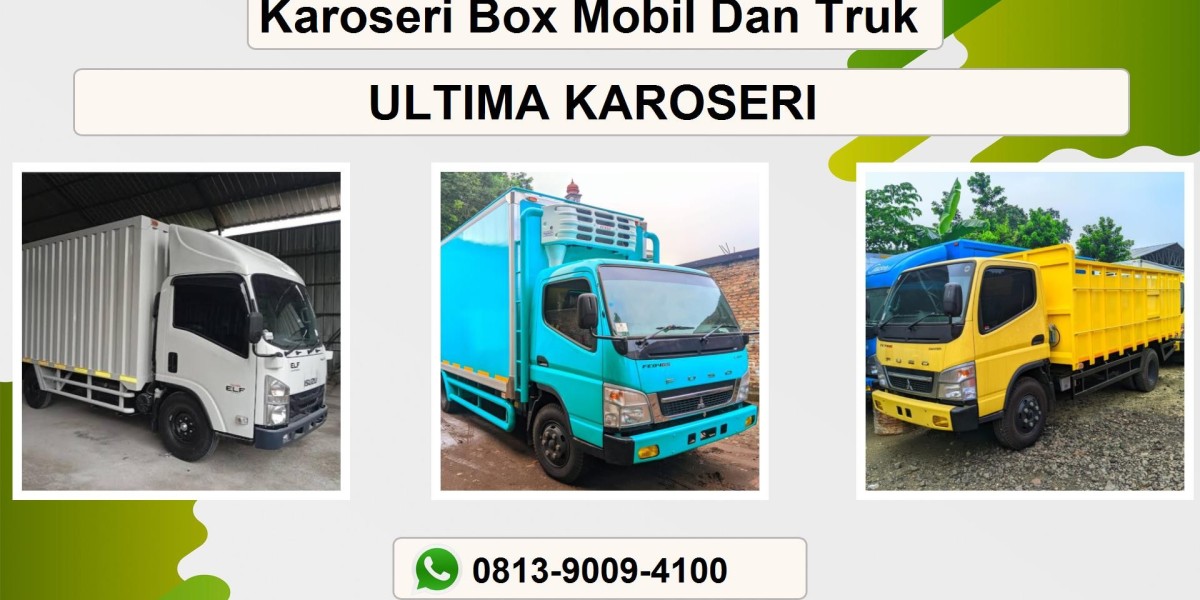Unlock the Secret to Finding the Best Honeywell Starters Near You!
When it comes to ensuring the optimal performance of various electrical systems, the significance of quality starters cannot be overstated. Honeywell starters are renowned for their reliability and efficiency, playing a crucial role across numerous applications, from HVAC systems to industrial machinery. However, finding the right supplier or distributor is just as vital as selecting the appropriate starter itself. In this article, we will explore the essential factors to consider when searching for Honeywell starters, share insights on reputable suppliers, and provide tips to help you make an informed purchase. Whether you are a contractor, a business owner, or a DIY enthusiast, understanding these elements can greatly enhance your experience and outcomes.

Understanding Honeywell Starters
Honeywell starters are specialized devices designed to initiate the operation of electric motors. They serve as the link between the power source and the motor, ensuring a smooth and safe start-up process. These starters come in various types, including manual, magnetic, and automatic starters, each tailored for specific applications and environments. For instance, magnetic starters are commonly used in industrial settings due to their ability to handle high electrical loads, while manual starters are often favored in smaller, less demanding applications.
The importance of selecting quality starters cannot be understated. Poor-quality starters can lead to motor failures, increased energy consumption, and even safety hazards. A friend of mine, a contractor, once shared a harrowing experience where a cheap starter malfunctioned, causing significant downtime on a project. This incident highlighted the necessity of investing in reliable components like Honeywell starters, which are designed to withstand operational stress and provide longevity.
In summary, understanding the various types and applications of Honeywell starters is crucial for selecting the right one for your needs. Their role in enhancing efficiency and safety in electrical systems makes them an indispensable component in many industries.
How to Identify Quality Suppliers
Finding a reliable supplier for Honeywell starters is essential for ensuring you receive quality products and excellent service. Start by assessing the supplier's reputation within the industry. Look for long-established suppliers with a proven track record of customer satisfaction. A friend of mine, who runs a manufacturing business, always emphasizes the importance of supplier reputation. He often checks industry forums and social media groups to gather information about potential suppliers before making a decision.
Customer service is another critical factor to consider. A good supplier should be responsive and willing to assist you with any inquiries or concerns you may have. Reading reviews and testimonials can provide valuable insights into the experiences of other customers. Look for feedback on product quality, delivery times, and after-sales support. Suppliers with positive reviews are often more reliable, as they prioritize customer satisfaction.
Additionally, consider the product range offered by the supplier. A supplier with a diverse selection of Honeywell starters is more likely to meet your specific needs. They'll likely have the latest models and variations available, which can be pivotal for specialized applications. In essence, evaluating the reputation, customer service, and product range of suppliers will guide you toward making a wise choice.
Local vs. Online Suppliers
When sourcing Honeywell starters, you'll have the option to choose between local suppliers and online platforms. Both avenues offer unique advantages and disadvantages. Local suppliers can provide immediate access to products, allowing you to inspect the quality firsthand before purchasing. They often have knowledgeable staff who can offer personalized advice based on your specific requirements. This personal touch can be beneficial, particularly for contractors who need immediate solutions.
On the other hand, online suppliers offer unparalleled convenience and a wider selection of products. You can easily compare prices, read reviews, and find rare models that might not be available locally. However, purchasing online does come with its own set of challenges, such as potential shipping delays and the inability to physically inspect the product before buying. A colleague of mine once opted for an online purchase to save time, only to face a delay that set his project back significantly. This experience serves as a reminder that while online shopping can be convenient, it's essential to factor in delivery times.
Ultimately, the choice between local and online suppliers will depend on your specific needs, urgency, and comfort level. Weigh the pros and cons of each option to make the best decision for your circumstances.
Tips for Making the Right Purchase
When it comes to purchasing Honeywell starters, there are several practical considerations to keep in mind. First, ensure that you thoroughly understand the specifications of the starter you need. Different applications require different types of starters, so being clear on your requirements will help you avoid costly mistakes.
Next, pay attention to warranty information and return policies. A reputable supplier should offer a reasonable warranty period, indicating their confidence in the product's quality. Knowing your options for returns or exchanges can also provide peace of mind, especially if you are trying a new model or supplier for the first time.
Finally, don't hesitate to ask questions. Whether you are purchasing from a local store or an online platform, engaging with the supplier can clarify any uncertainties you may have about the product. This proactive approach will help ensure that you make a purchase that meets your needs and expectations.
Final Thoughts on Choosing Quality Honeywell Starters
In conclusion, selecting the right Honeywell starter is crucial for ensuring optimal performance in your electrical systems. By understanding the various types of starters available and the significance of quality, you can make informed decisions. Additionally, identifying reputable suppliers, whether local or online, is just as essential in securing a satisfactory purchase experience. Remember to consider specifications, warranty information, and return policies as you navigate the buying process. By applying the insights provided in this article, you can confidently secure the Honeywell starter that best fits your needs and enjoy the benefits of a reliable and efficient electrical system.








